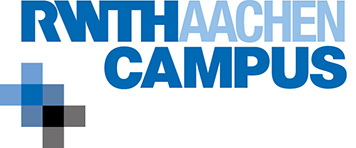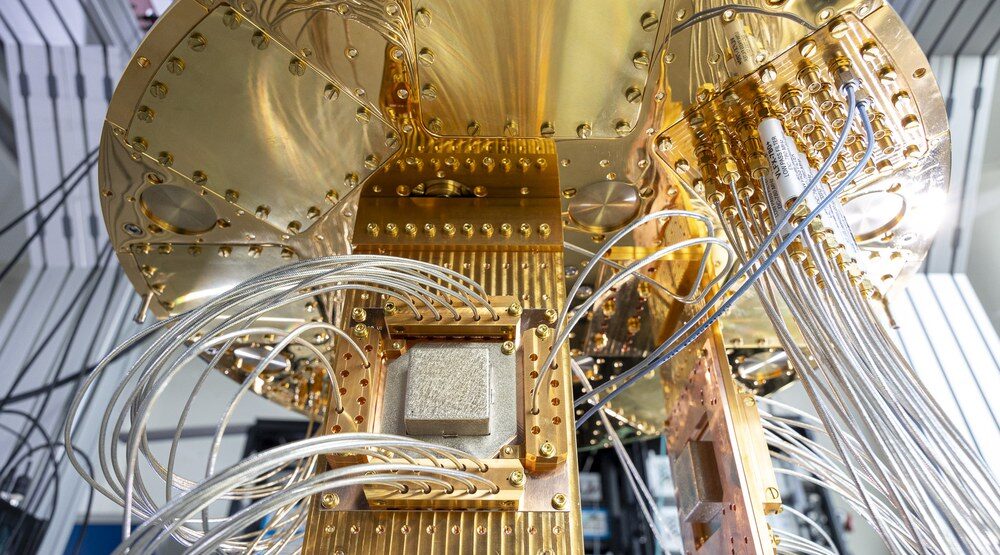3. November 2023
In mid-October, Forschungszentrum Jülich celebrated the opening of its quantum computer laboratories on the grounds of Campus Melaten. The experimental rooms are equipped with a variety of cooling devices to test and further develop quantum computer hardware at extremely low temperatures so that the laws of quantum physics can work undisturbed. Cryostats are used to cool the hardware down to 10 millikelvin. This corresponds to a temperature of 0.01 degrees Celsius above absolute zero – significantly colder than the temperatures in outer space.
Achieving such low temperatures involves considerable technical effort. It took over 18 months to set up the laboratories in the Photonics Cluster on Campus-Boulevard, partly due to delivery difficulties. Over 10 cryostats of different sizes were installed during this time.
Quantum computers “made in Germany”
With the commissioning of the quantum computer laboratories on Campus Melaten, Forschungszentrum Jülich now has unique expertise and infrastructure that covers the entire development cycle, from the search for suitable quantum materials to the design of circuits and suitable cryo-electronics to the development of demonstrators and applications. Several major quantum computer projects that test and operate demonstrators use the laboratories in Aachen. In the joint project, which is coordinated by Forschungszentrum Jülich, 25 German companies and research institutions are jointly developing a complete quantum computer “made in Germany”.
Prof. Astrid Lambrecht, Chairwoman of the Board of Directors of Forschungszentrum Jülich, explains: “Quantum computers have the potential to transform several research areas and economic sectors at the same time. Advances and innovations in this field offer enormous opportunities – not only for research, but also for the economy in the region in order to open up new value chains. With the help of novel components, quantum chips and demonstrators, which we are developing in cooperation with national and European partners in these laboratories, we want to make a significant contribution to making this technology usable for practical applications in science and industry.”
The overarching goal is to create the technological and scientific basis for future quantum computers that have a tangible quantum advantage in practice.


